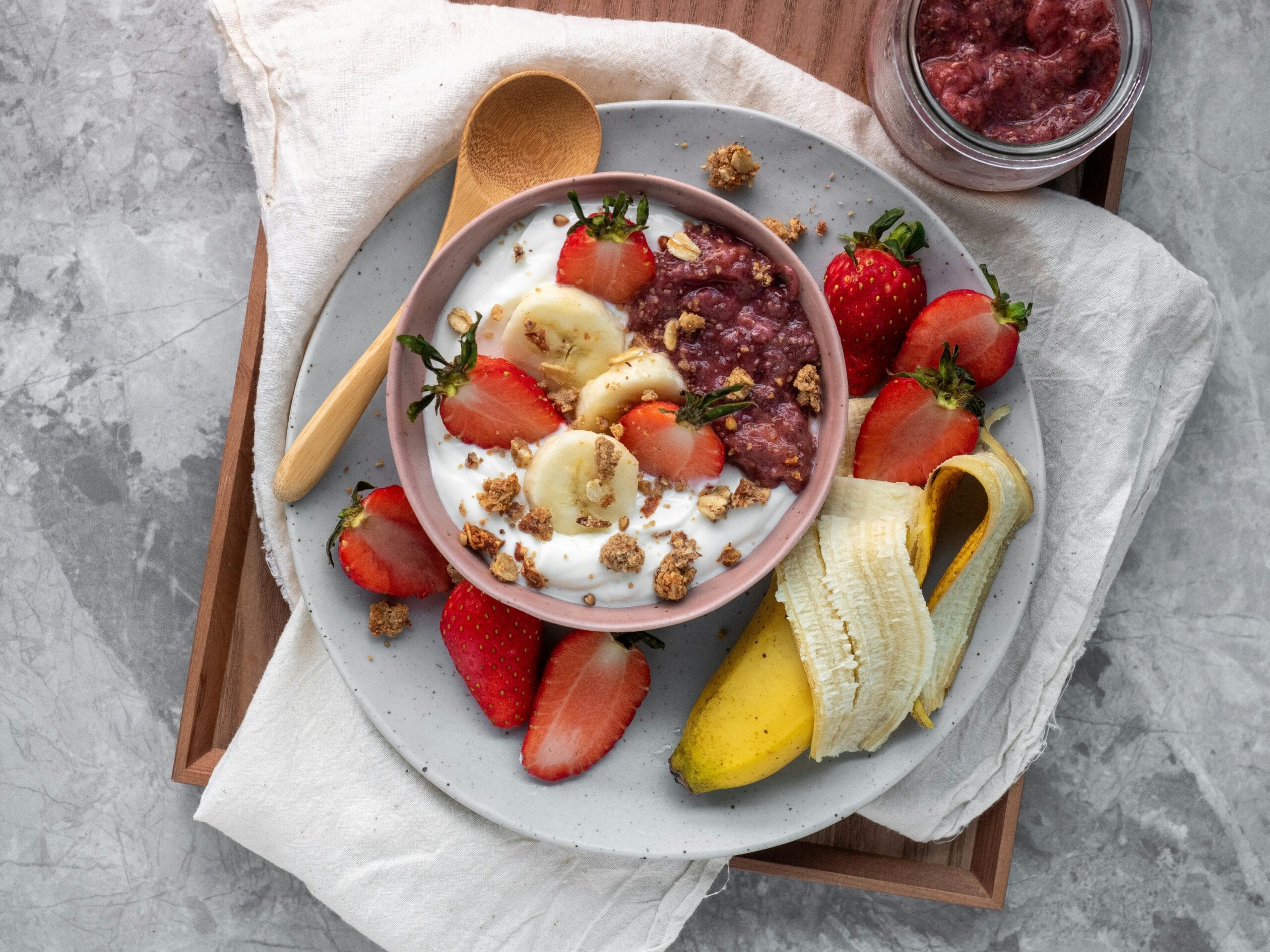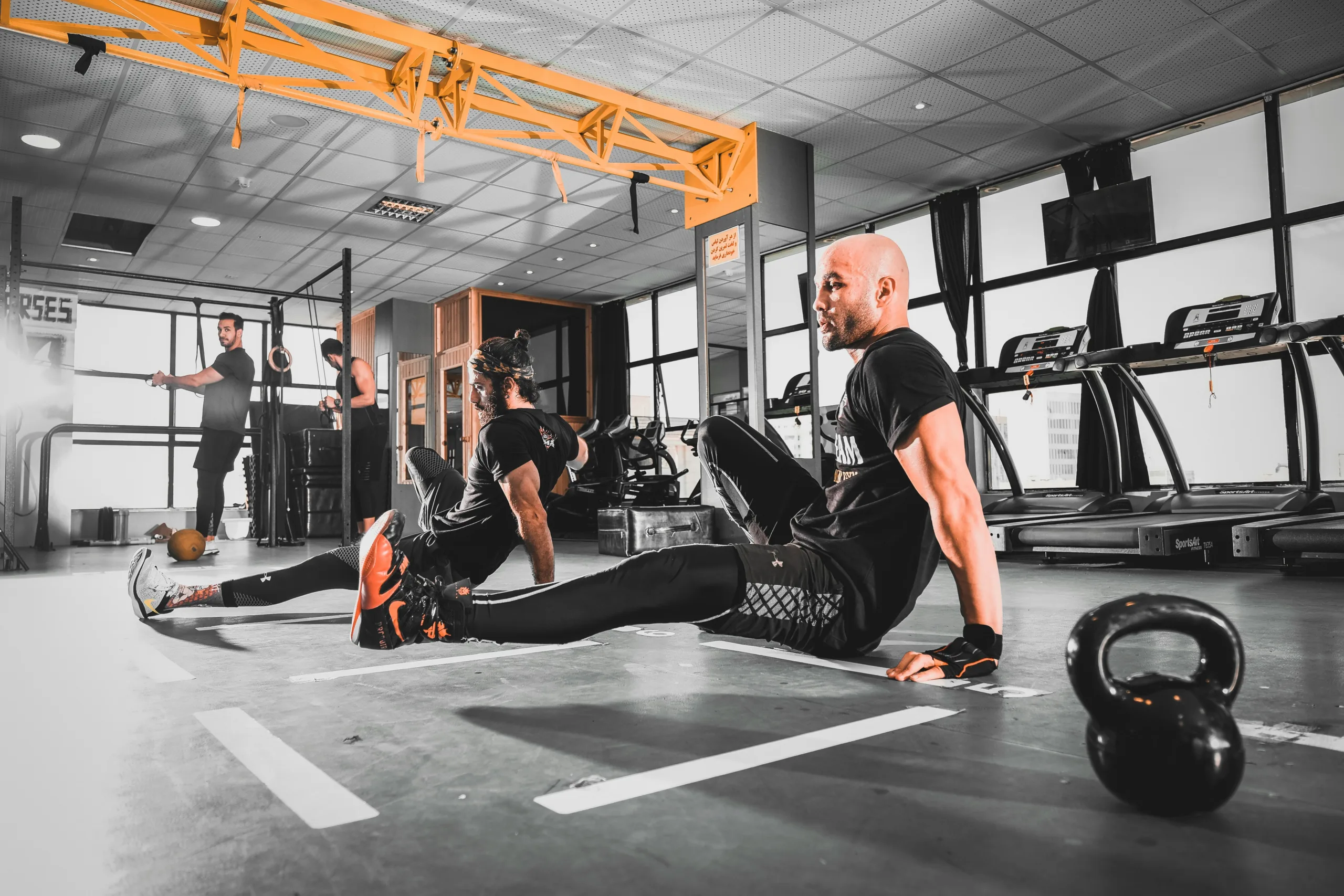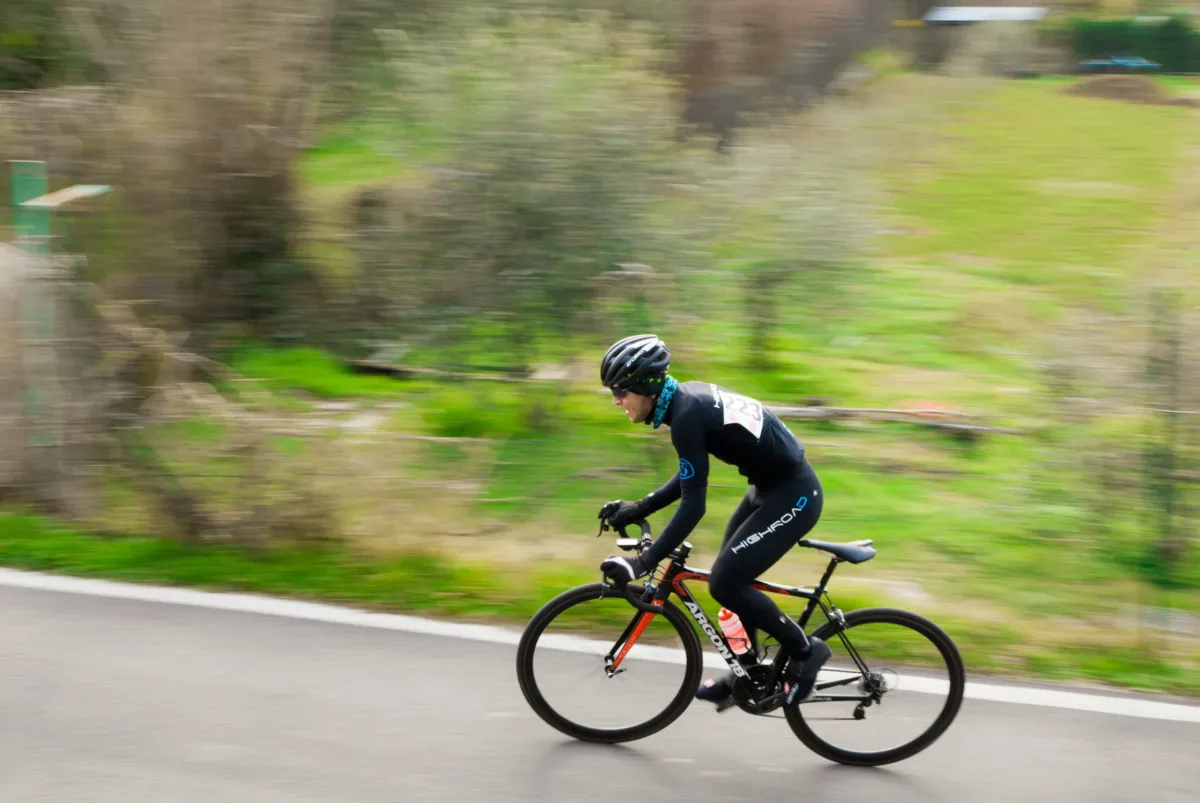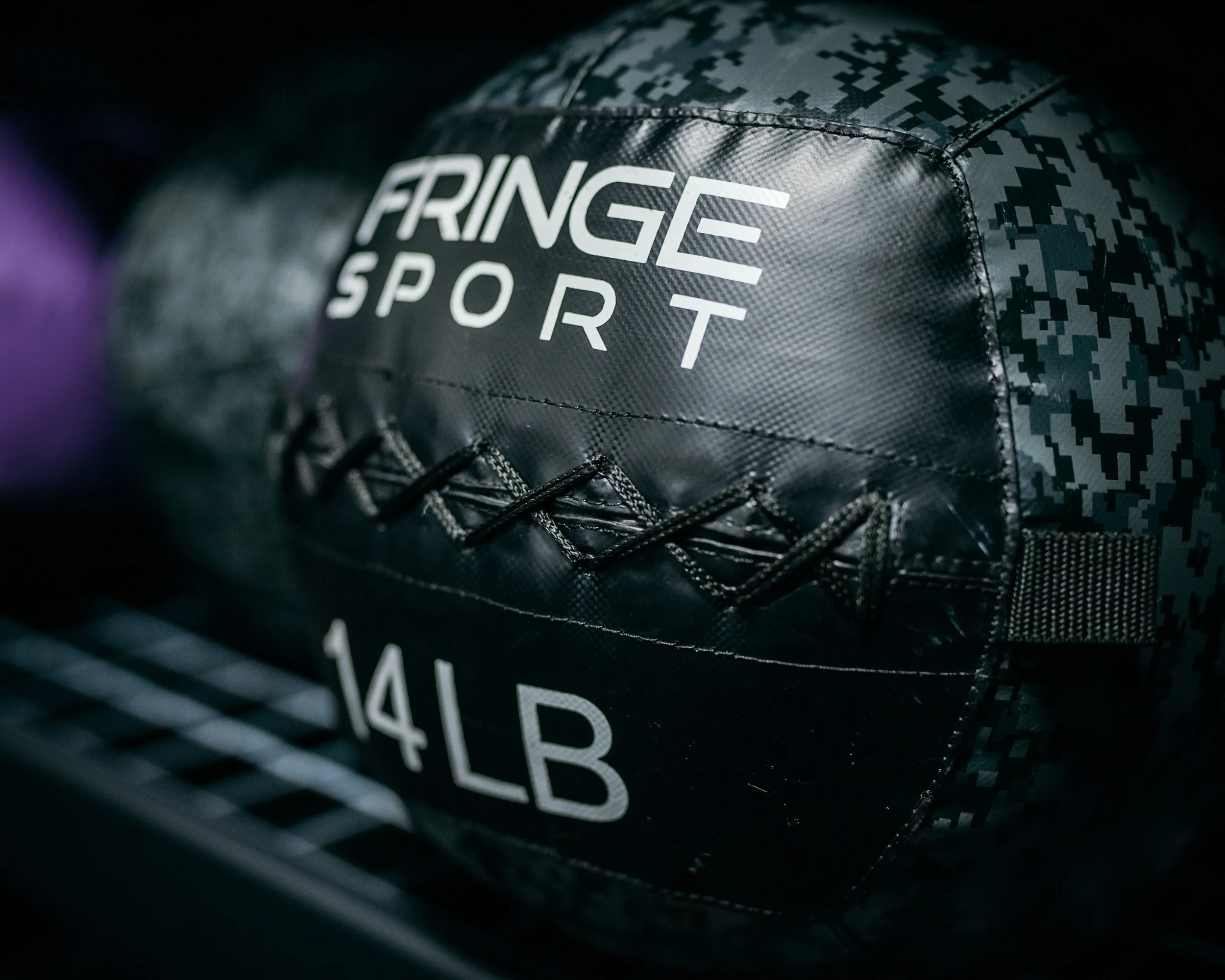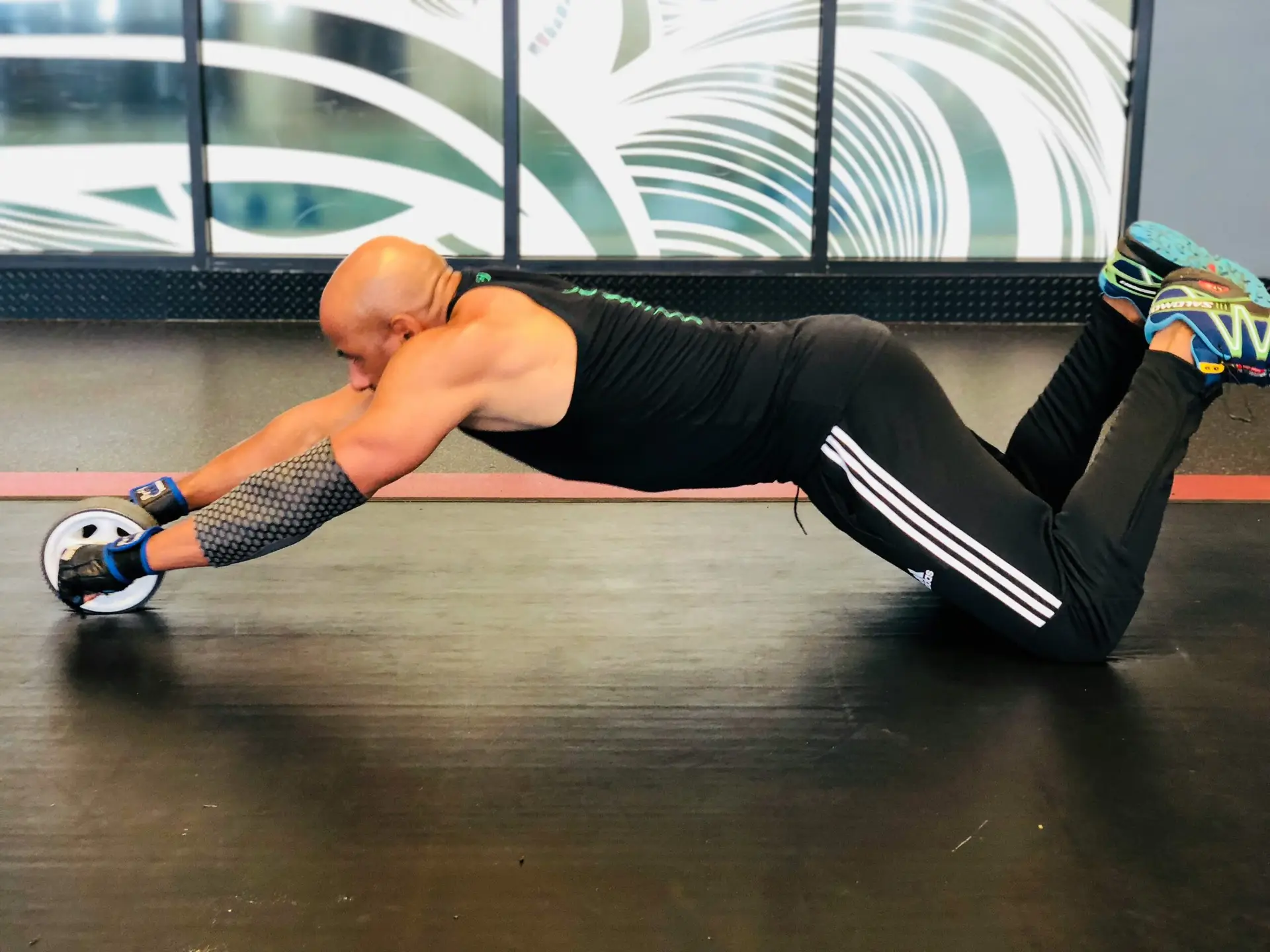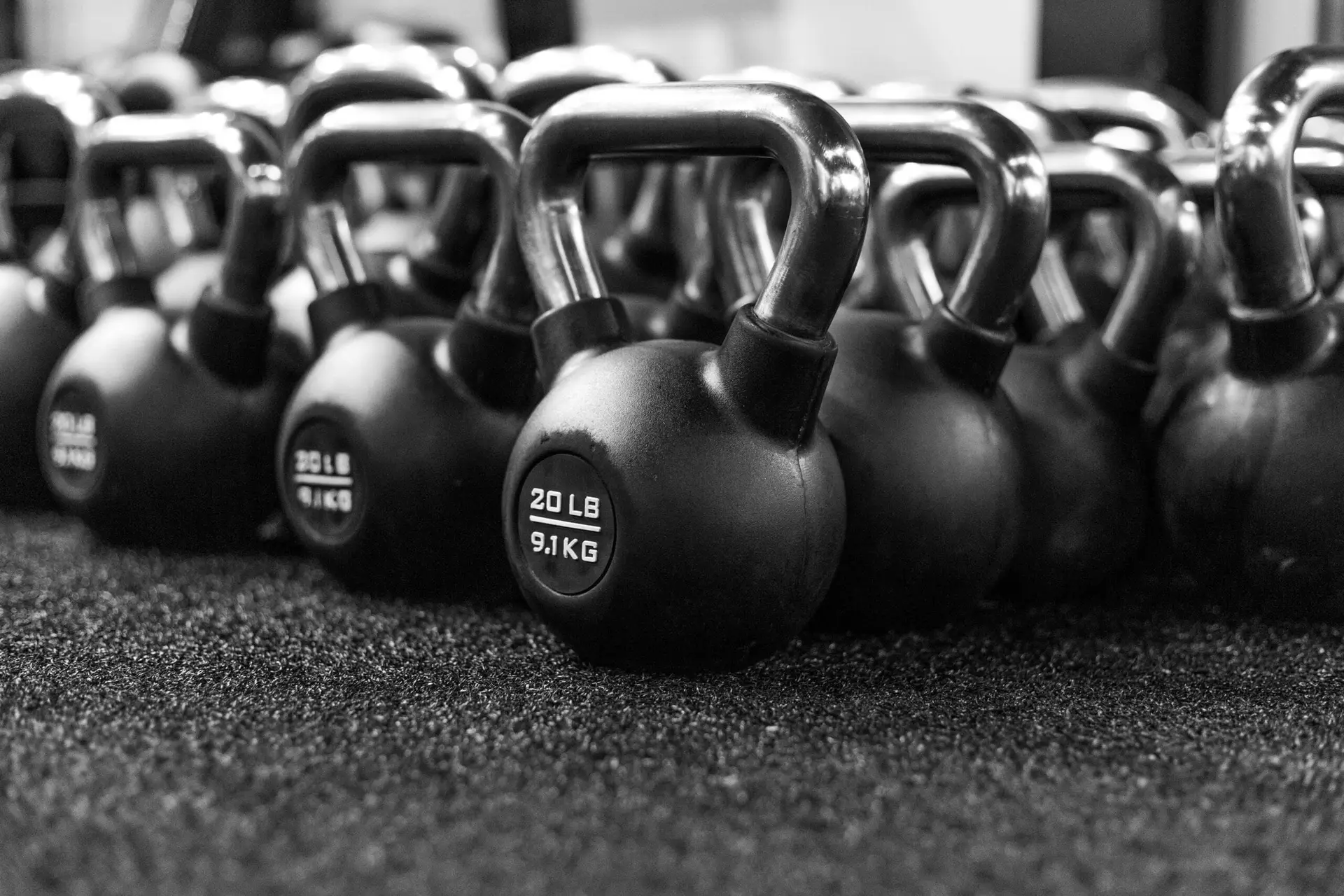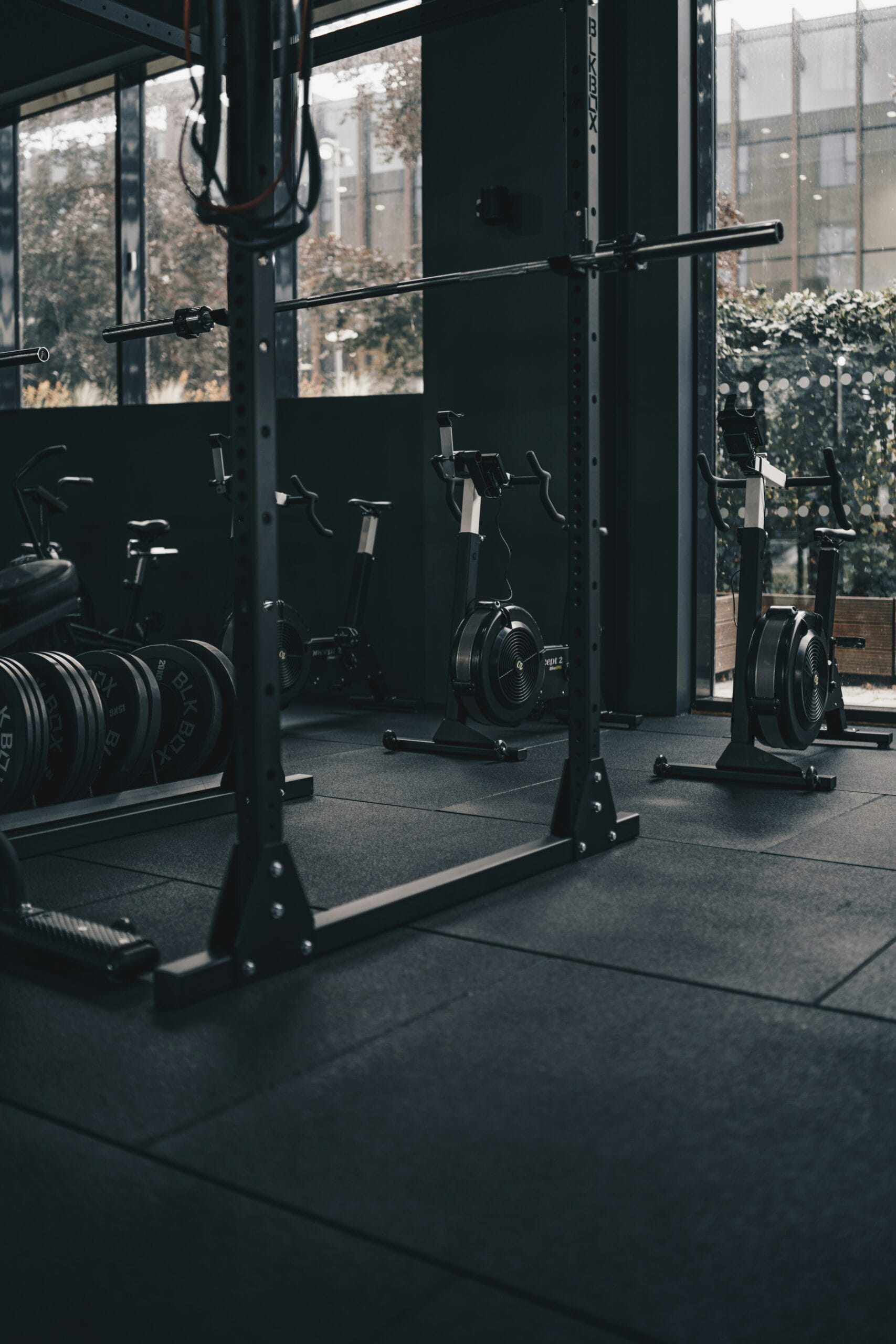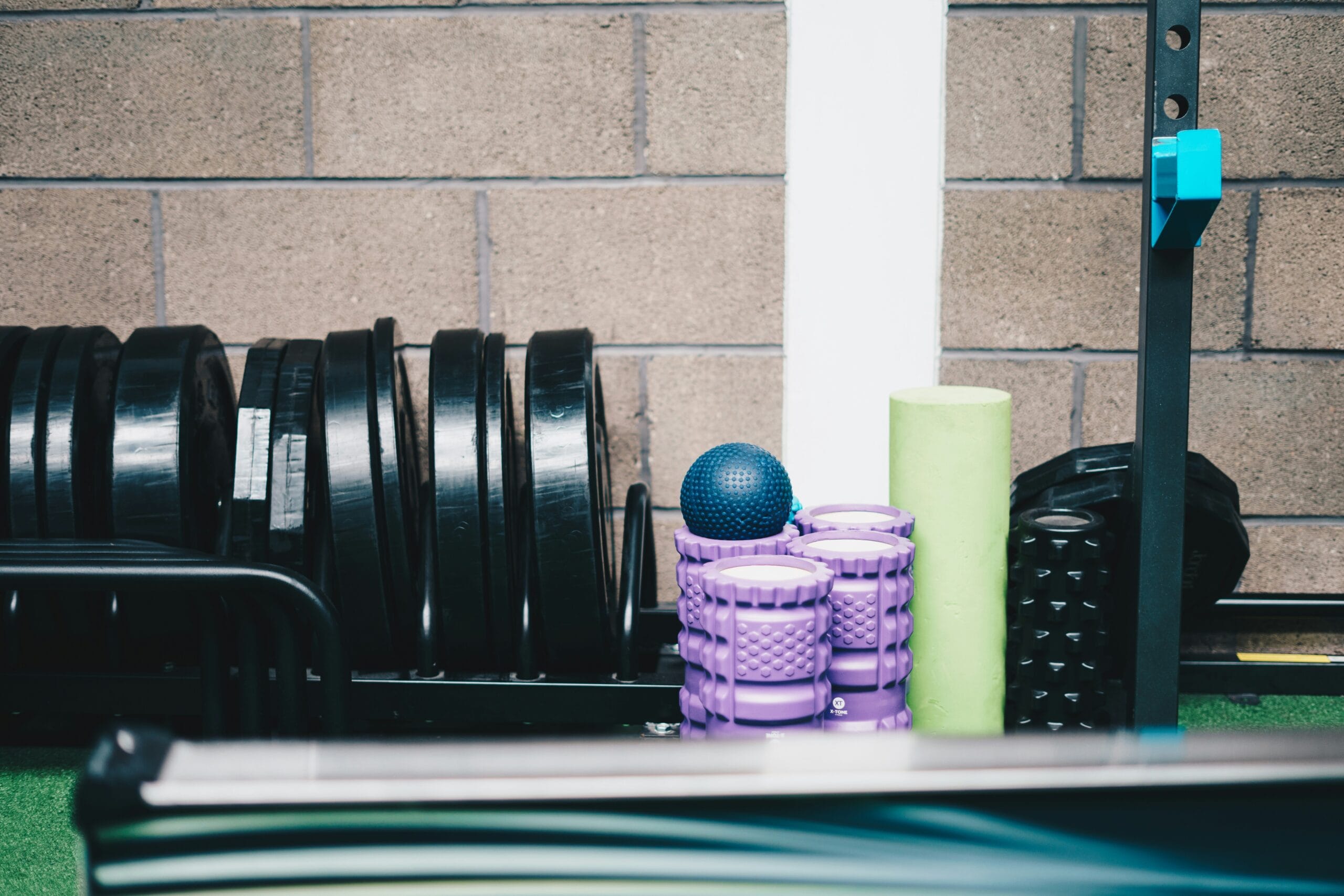Are you often feeling slow, tired & uncomfortable before and/or during training sessions on the mats or in the gym? It’s most likely due to the timing and contents of your pre-workout meals. Having optimal pre-workout nutrition and consuming it at a certain time window is essential for mental, physical and overall performance benefits. But what is the best pre-workout nutrition for grapplers? In this article, we will explore the world of pre-workout nutrition so that you feel energised and mentally prepared for your next training session.
Why Is Pre-Workout Nutrition Important?
High intensity sports such as BJJ, wrestling, judo and strength training are very demanding & require a lot of mental and physical preperation. Nobody wants to be slow, tired and wanting to be at home 15 minutes before a BJJ competition or half way during training which is why you need optimal pre-workout nutrition.
Having the best possible pre-workout nutrition is essential for grapplers for many reasons such as the following.
Muscle Glycogen Levels
- Combat sports and strength training rely heavily on the anaerobic energy system in order to produce energy for the body to keep up with the demands of the sport. Glucose is the body’s primary source of energy as it is converted into ATP to be readily available & used by cells in the body. Consuming carbohydrates allows the body to replenish its glycogen reserves, so that you are energised during training sessions.
- Inadequate carbohydrate intake before training has been found to lead to early fatigue, impaired performance, and reduced training quality1
Hydration
- Hydration plays a direct role in blood flow, body temperature regulation, and muscle contractility – the ability for the muscle to contract and produce force. Studies show that dehydration (even mild) can impair anaerobic power, delay reaction time, and increase perceived effort2
Should I Have My Pre-Workout Meal At a Certain Time?
Absolutely, consuming your pre-workout meal at an optimal time before training will allow time for the body to digest and absorb the nutrients, preventing gastrointestinal discomfort, bloating and nausea during intense bouts. Furthermore it will allow for optimal micronutrient intake & high muscle glycogen stores, meaning more immediate energy for intensive situations & will increase performance.
Pre-workout Nutrition, Hydration & Timings for Grapplers
Carbohydrates

| Type | Benefit | Timing | Examples | Amount |
| High-Glycemic (Simple) | Quick glucose availability for short-term energy | 30–60 min pre-workout | Banana, white bread, honey, rice cakes, sports drinks | 25–50g |
| Low-Glycemic (Complex) | Sustained energy release, stable insulin levels | 2–3 hours pre-workout | Oats, sweet potatoes, whole grain pasta, quinoa | 1–2 g/kg BW |
Carbs fuels muscle glycogen—the primary source for anaerobic energy. Essential for maintaining explosive power, reaction speed, and endurance.
Protein

| Benefit | Timing | Examples | Amount |
| Preserves lean mass, reduces muscle breakdown | 1–2 hours pre-workout | Eggs, whey protein, Greek yogurt, lean chicken/turkey | 0.3–0.4 g/kg BW (~20–30g) |
Proteins elevate amino acid availability, reduces exercise-induced muscle catabolism, and supports recovery adaptation, particularly during weight cuts.
Electrolytes

| Type | Benefit | Timing | Examples | Amount |
| Sodium | Enhances water retention, prevents cramps | ~1 hour pre-workout | Salt, broths, electrolyte drinks | ~300–700 mg |
| Potassium | Muscle contraction, nerve signal conduction | ~1 hour pre-workout | Bananas, potatoes, coconut water | 200–400 mg |
| Magnesium | Reduces fatigue, muscle soreness | ~1 hour pre-workout | Leafy greens, nuts, seeds | ~100–200 mg |
Water

| Benefit | Timing | Amount |
| Prevents dehydration, sustains plasma volume | 2–3 hrs + 30 min before training | 5–7 mL/kg BW + 3–5 mL/kg closer to session |
Maintains blood flow, body temperature, and muscle function. Dehydration can reduce strength and cognitive sharpness within 2–3% of body mass loss.
Micronutrients

| Type | Benefit | Timing | Examples | Amount |
| B-Vitamins | Co-factors in energy metabolism | Daily + pre-workout meal | Whole grains, eggs, lean meats | RDA (varies by vitamin) |
| Vitamin C/E | Reduces oxidative stress during intense bouts | Daily | Berries, citrus, nuts, seeds | C: 75–100mg; E: ~15mg |
Fats

| Benefit | Timing | Examples | Amount |
| Monounsaturated, Polyunsaturated | Slows digestion—limit pre-workout | Nuts, avocado, olive oil | Small inclusion only if meal is 2–3 hrs prior |
Fats delay gastric emptying and reduce carbohydrate absorption rate. Therefore, it’s best minimized right before training sessions.
Conclusion – Fueling The Body
The best pre-workout nutrition is one that you feel prepares you mentally & physically the most before training. Including all of the components within your diet will significantly improve the quality of your rolls, increase strength in the gym & improve your mental game.
References
- Artioli, Guilherme & Franchini, Emerson & Solis, Marina & Tritto, Aline & Lancha Jr, Antonio. (2013). Nutrition in Combat Sports. 10.1016/B978-0-12-396454-0.00011-4. ↩︎
- Kurylas A, Chycki J, Zajac T. Anaerobic power and hydration status in combat sport athletes during body mass reduction.Balt J Health Phys Act. 2019;11(4):1-8 .doi: 10.29359/BJHPA.11.4.01 ↩︎
